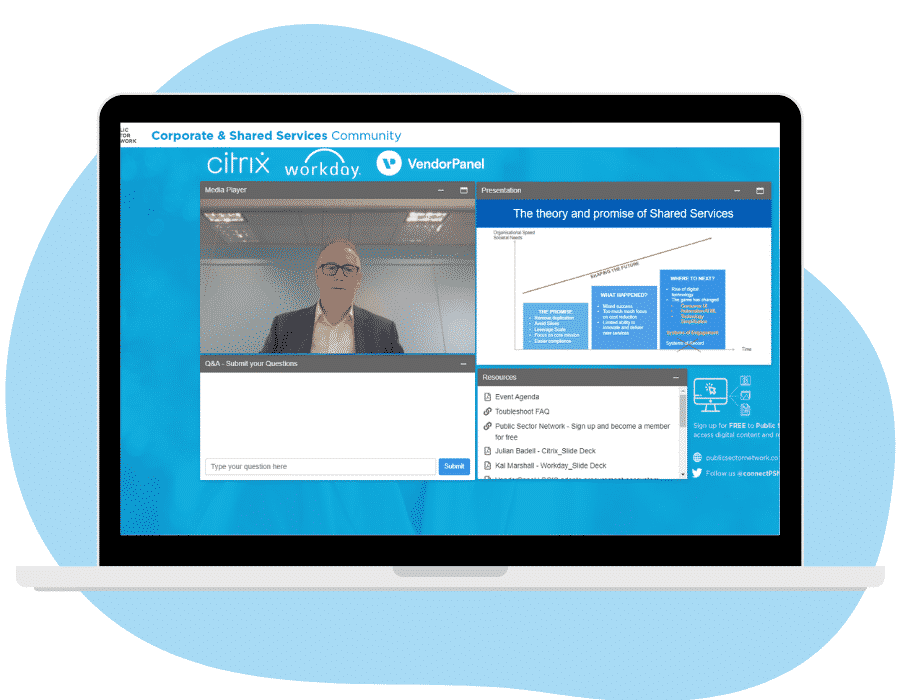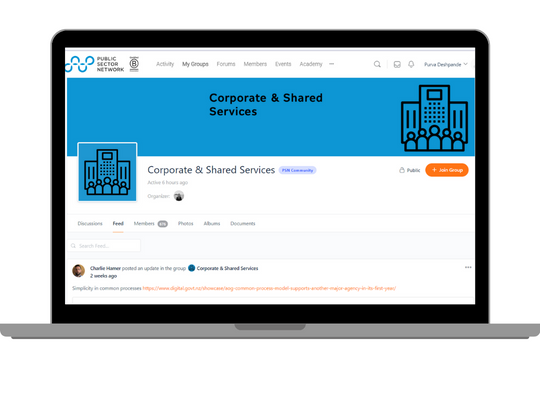
Business Process Mapping for the Public Sector
21 February 2024 – 9:00 AM – 4:30 PM AEDT | Online
Training Overview
Get started on your process transformation journey
In the current climate of heightened scrutiny over public sector budgets and spending quality, plus the imperative to cut costs, Business Process Mapping emerges as a powerful tool for government agencies.
Business Process Mapping is a structured approach that provides organisations with a clear view of their operations. As an approach that requires nothing more than pen, paper, and time (and space) to think, it is perfect for public servants to identify opportunities for process optimising and increasing efficiency.
The advantages of Business Process Mapping are multifaceted. Firstly, it fosters transparency and clarity, simplifying the comprehension of roles and responsibilities for employees. Secondly, it lays the groundwork for process optimization by pinpointing bottlenecks, redundancies, and inefficiencies. Moreover, it ensures regulatory compliance and risk management, aligning processes with established standards. Furthermore, it encourages uniformity and standardization across the organisation, enhancing overall quality and customer satisfaction. Finally, it acts as a foundation for continuous improvement initiatives like Lean or Six Sigma, making organisations more agile and competitive in the dynamic public sector environment.

Who Should Attend
This course is designed for specialists, officers and analysts in charge of transforming the government, including:
Business and Technical Analysts
Process and Continuous Improvement
Service Management, Business Transformations and Project Officers
Learning Outcomes
Establish foundations for process optimisation and build consistency and transparency
Understand when it is appropriate to use BPM and learn about its challenges
Explore the questions to ask before starting BPM
Grasp practical application, including steps, artefacts, activities, and components
Meet Your Facilitator

MUSTAFA GHULAM
Transformation and Process Specialist
Mustafa has 23 years’ experience in five countries across a range of industries. He has uniquely worked in all three tiers of public service (federal, state, and local government). He is a dual-certified change manager, certified project manager and a Lean Six Sigma Master Black Belt from Cardiff University.
Mustafa is passionate about leading system and process improvement using effective change management to improve employee and customer experiences. Mustafa is a known conference speaker and has delivered case studies and panel discussions for 10+ national and international conferences. He is a father of three active kids, likes to spend his spare time with his family and especially loves to travel and explore new cuisines!
Key Sessions
Process Mapping Fundamentals
- Business Process Mapping: Definitions and Benefits
- Business process mapping and value streams: Significance and application
- Benefits of process mapping for organisations
- Common process mapping techniques and symbols
- Setting up for Process Mapping
- Identifying processes ripe for mapping
- Defining process boundaries and scope
- Gathering relevant process information and documentation
Business Process Mapping Techniques
- Process Mapping Techniques
- Unpacking various process mapping techniques (e.g., flowcharts, swimlane diagrams, value stream mapping)
- Questions to ask before choosing technique for different process scenarios
- Best practices for creating clear and effective process maps
- Mapping a Business Process
Process Improvement
- Analysing and Improving Processes
- Analysing process maps to identify bottlenecks, inefficiencies, and areas for improvement
- Exploring Lean and Six Sigma concepts for process optimisation
- Discussing potential process improvements and brainstorming ideas
- Implementing Process Improvements
- Strategies for implementing process changes effectively
- Change management principles and stakeholder engagement
- Tracking and measuring the impact of process improvements
- Case Studies and Real-World Examples
- Presentation of case studies showcasing successful process mapping initiatives
- Discussion on lessons learned and best practices from real-world examples
Registration
Final Price
$1195
per person + GST
Interested In Learning More?

